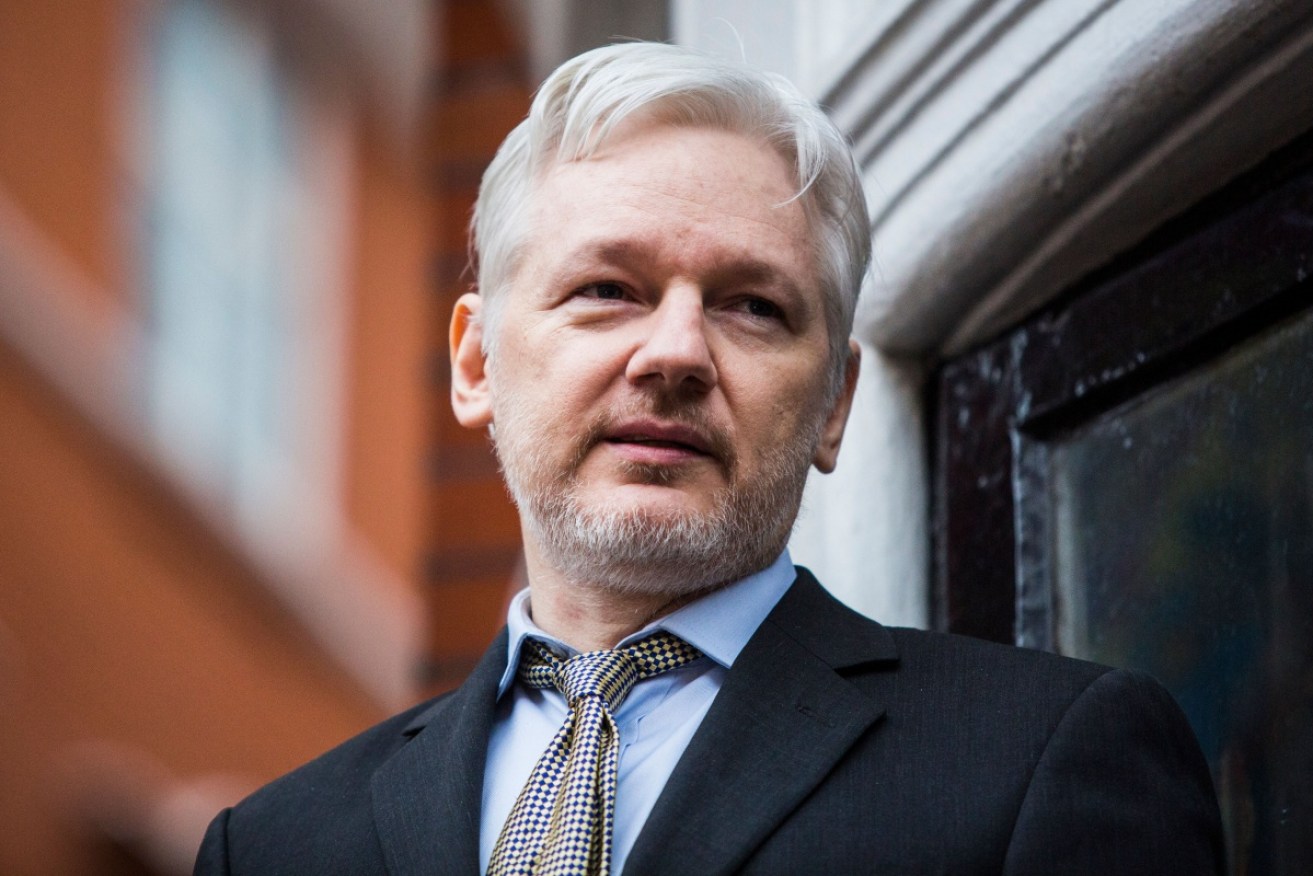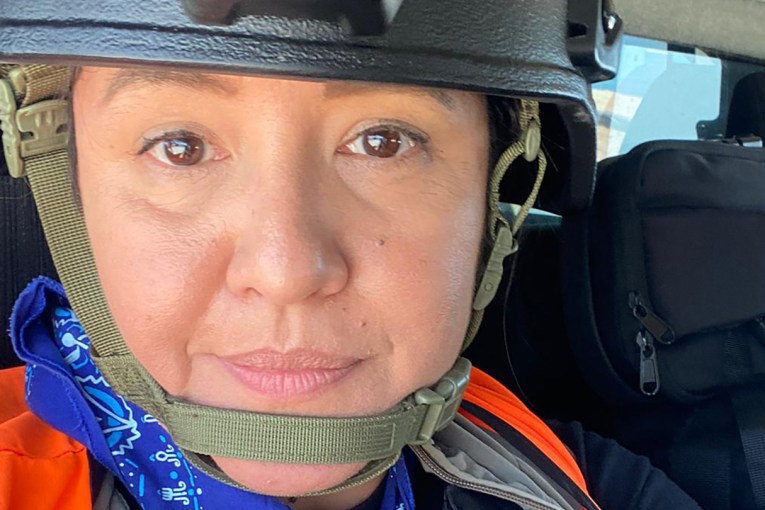Russia hatched secret plan to help Julian Assange escape Ecuadorian embassy in UK


Ecuador granted Julian Assange asylum in 2012 when he was seeking refuge to avoid extradition to Sweden. Photo: Getty
A top secret operation to help WikiLeaks founder Julian Assange escape the UK was abandoned at the last minute after it was deemed too risky.
According to a report by The Guardian, Russian officials met in London last year and devised a tentative plan which would have smuggled Mr Assange out of the Ecuadorian embassy in London on Christmas Eve and transported him to another country – potentially Russia.
The Australian-born computer programmer has been holed up in the Ecuadorian embassy since 2012 as a way of avoiding extradition to Stockholm on rape charges (dropped in May 2017).
Mr Assange still faces arrest for breaching bail conditions if he steps outside of the embassy. The UK has refused to grant the 47-year-old diplomatic protection and there are fears the US will seek his extradition to question him over WikiLeaks’ activities if he leaves the embassy.
The involvement of Russian officials in the plan to extradite Mr Assange raises questions over his relationship to the Russian Federation.

Julian Assange has been in the Ecuadorian embassy in London since 2012. Photo: AAP
He remains a central figure in special counsel Robert Mueller’s investigation into whether Russia tried to influence the outcome of the 2016 US presidential election.
Mr Mueller has filed charged against a dozen Russian intelligence agents who allegedly hacked Democratic Party servers, stealing thousands of emails which were then published by WikiLeaks.
According to Mr Mueller, WikiLeaks published “over 50,000 documents” stolen by Russian spies but Mr Assange has denied receiving the stolen emails from Russia.
The plan to smuggle Mr Assange out of the UK follows calls from Ecuador’s president Lenín Moreno for the WikiLeaks founder to leave the embassy.
He was granted political asylum in 2012 by then foreign minister Ricardo Patiño who praised Mr Assange for his “his dedicated defence of freedom of expression”.
But in his first year in office, Mr Moreno has described Mr Assange as “an inherited problem”, a “hacker” and a “stone in the shoe”.
In March, the Ecuadorian government cut off his internet access and restricted his visitors, claiming his social media behaviour was putting at risk the good relations Ecuador had with other nations.
In January this year, the British Foreign Office rejected a request from the Ecuadorian government to grant the WikiLeaks founder diplomatic status. If granted diplomatic status, Mr Assange will be immune from extradition.
Sweden dropped its charges against Mr Assange in May 2017 after the statute of limitations in the rape case expired, but he remains the subject of arrest in the UK for jumping his bail conditions.
According to The Guardian, the operation to smuggle Mr Assange out of the UK was called off just days before it was meant to take place.
The head of Ecuador’s intelligence agency travelled to London on December 15, 2017 but left after the operation was called off.
During the presidential campaign, Donald Trump praised Mr Assange for releasing Ms Clinton’s emails.
Embassy visitor logs from that same period also show several Russian officials visited Mr Assange at the Ecuadorian embassy, raising further questions about his ties to the Kremlin.
Ebony Bowden contributed reporting from New York City.








